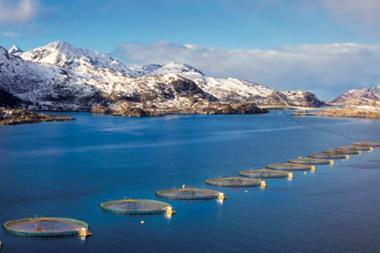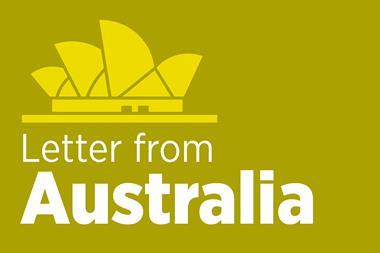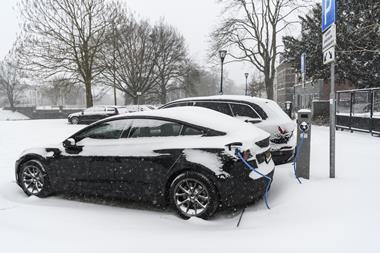Swedish national pension fund AP7 revealed on Friday it sold its entire stake in Tesla last month, and blacklisted the US electric car giant due to labour-market violations in the US after years of engagement over the issue.
In the biannual publication of its exclusion list, the SEK1.33trn (€121bn) pension fund also announced it is changing its exclusion process in relation to climate considerations – which will lead to AP7 banishing more companies than before.
The pension fund, which runs the default option in Sweden’s premium pension system, said: “AP7 has decided to blacklist Tesla due to verified violations of labour rights in the United States.”
“Despite several years of dialogue with Tesla, including shareholder proposals in collaboration with other investors, the company has not taken sufficient measures to address the issues,” it said.
A spokesman for AP7 told IPE that at the end of May, the pension fund sold its stake in Tesla, which corresponded to just over 1% of AP7’s main portfolio, at a value of SEK13bn.
“We made our first investment in Tesla in August 2013, amounting to SEK54m, in line with the index,” he said.
“Over the years, the value growth has been SEK9.23bn, and we have continued to invest along with new inflows of pension savings from savers,” he said, adding that the total return from Tesla over time had been 4,342%.
More companies blacklisted
AP7 announced four other additions to its investment blacklist, and said one firm was being removed from the exclusion list – with the changes, including the Tesla blacklisting – lengthening its exclusion list to 114 stocks in June from 110 in December.
US firms Chord Energy and Coterra Energy, and Brazilian company PRIO have been blacklisted for acting against the targets of the Paris Agreement through large-scale oil operations without transition plans, AP7 said.
India’s JSW Energy has been excluded for acting against the targets of the Paris Agreement through large-scale coal operations – without transition plans, it said.
US utility Evergy, meanwhile, is being readmitted, having been “re-evaluated after taking sufficient transition measures”, the pension fund said.
The Stockholm-based institutional investor also announced it had started a review of its process for climate-related blacklisting, in order to improve its ability to achieve real world impact.
Climate transition
Over the past year, it said, it had bolstered its capacity to support the climate transition at portfolio holdings by adding new resources and integrating active ownership more closely into portfolio management.
The transition portfolio was an example of this, AP7 said, where it combined active ownership with active management at companies with a significant climate impact and a great need for transition, as well as at businesses contributing climate transition solutions.
“During the autumn, AP7 will further develop its climate exclusion process to better align it with the work carried out in the Transition Portfolio,” AP7 said, adding that climate exclusions based on the Paris Agreement would henceforth be separated from other exclusions and blacklistings, which primarily relied on reported incidents.
“Companies that are currently excluded and blacklisted based on the Paris Agreement will remain excluded following the changes. In addition, AP7 will exclude companies where the potential to influence and drive climate transition is deemed to be exhausted or too limited,” AP7 added.
The changes were expected to result in “more focused portfolio management and active ownership, with a clear objective of promoting sustainable development without compromising returns for savers,” AP7 said, with a spokesman confirming to IPE it did expect more companies to be excluded than previously.
IPE has contacted all of the newly-excluded companies for comment.
Read the digital edition of IPE’s latest magazine























